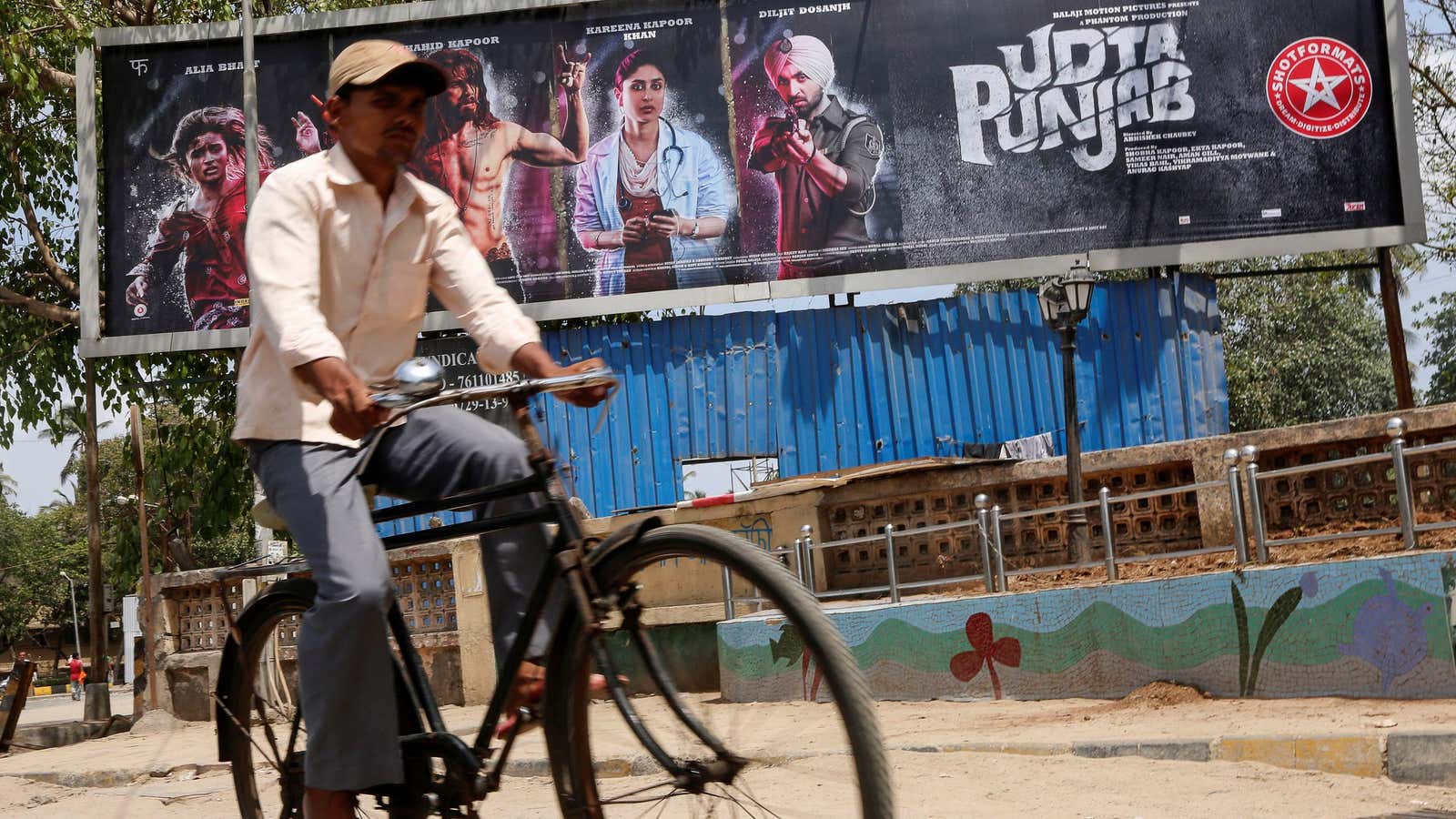Zomato may be preparing for a future with drone deliveries, but for some of its immediate problems, the food-delivery app’s solution is old-world: bicycles.
The firm is introducing mechanical and electric bikes into its last-mile delivery fleet, it said in a press release yesterday (Feb. 11). Those using e-cycles will make short-distance deliveries of 2.5 kilometres on average.
The move is not only good for the environment but will also help “tackle traffic and parking issues, especially in thinner lanes of the country,” it said.
Given their cost-effectiveness, bicycles are used extensively in many countries for local deliveries. But in India, scooters and motorbikes are the most popular modes.
“It’s a good green move towards solving the delivery problem at a very small hyper-local level. Innovation is not just about technology and moving forward—it’s also about harmony with nature and solving new problems in a sustainable manner,” said Deepak Menaria, founder of the startup incubator Lemon Ideas.
Riding high
Some 50,000 Zomato cyclists are already on the road across 12 Indian cities, with “(a) majority of the fleet pushing the pedal in Delhi NCR,” the company release said. It has now partnered with bike-sharing apps like Mobycy and Yulu and Zoomcar’s PEDL, to roll out electric bicycles in the over 150 Indian cities it operates in.
Analysts are upbeat.
For one, they say, Zomato will have a wider pool to hire from as it can look beyond just licensed motorists, said Harish HV, an independent consultant who tracks India’s startups. A shortage of delivery executives has been a major challenge for food-tech startups lately.
Bicycles are also way cheaper than motorbikes, which means more job seekers may be able to afford joining the Zomato delivery team (Food-delivery startups in India typically expect executives to bring their own vehicles).
Then there is fuel cost. Food delivery startups can save up to 20% by reducing dependence on fuel, said Yugal Joshi, vice-president at Texas-based consulting firm Everest Group.
However, sceptics warn that India may not be ready for the eco-friendly solution.
“My fear in India is safety, time, and working conditions for the couriers themselves,” said Sid Talwar, partner at Mumbai-based Lightbox VC. “We have no safety lanes or rights for cyclists. The cycles that are used abroad are designed differently to help the delivery team not use so much force. And most cities bear weather conditions in mind.”
